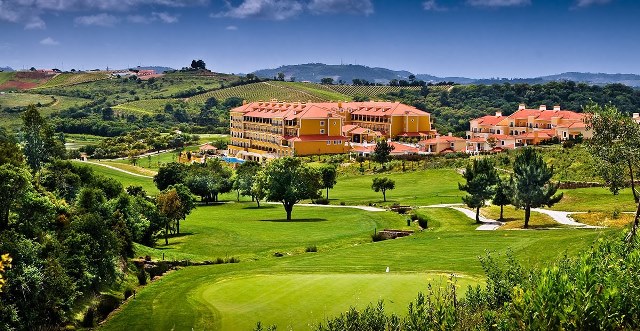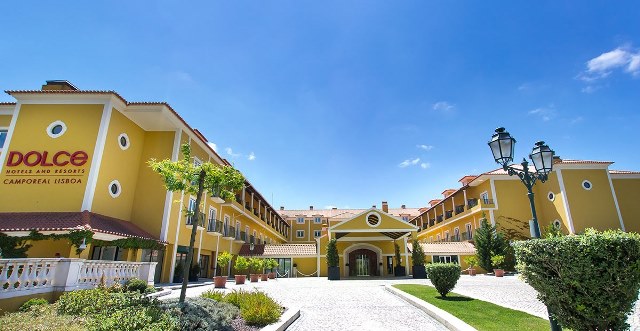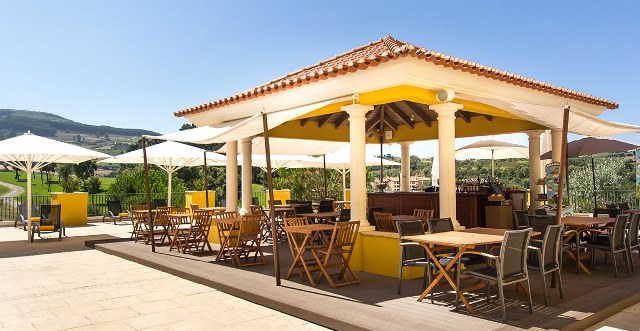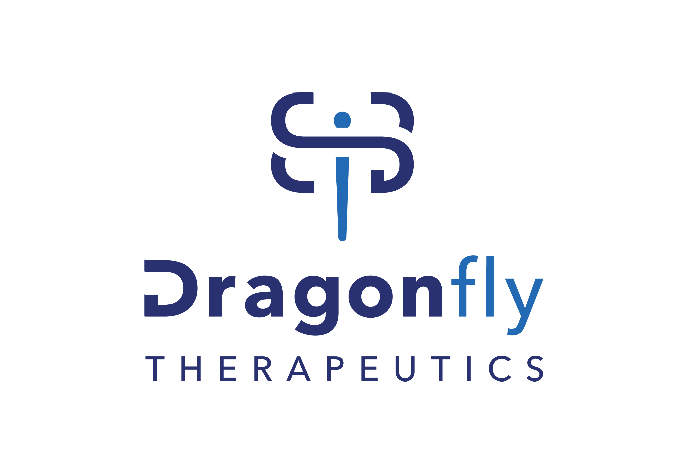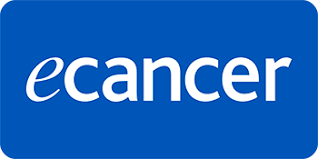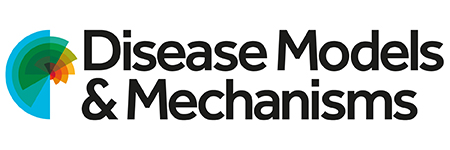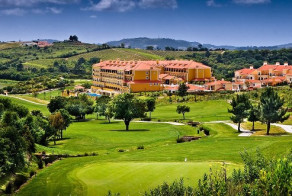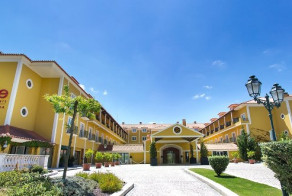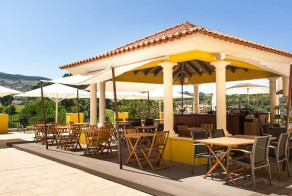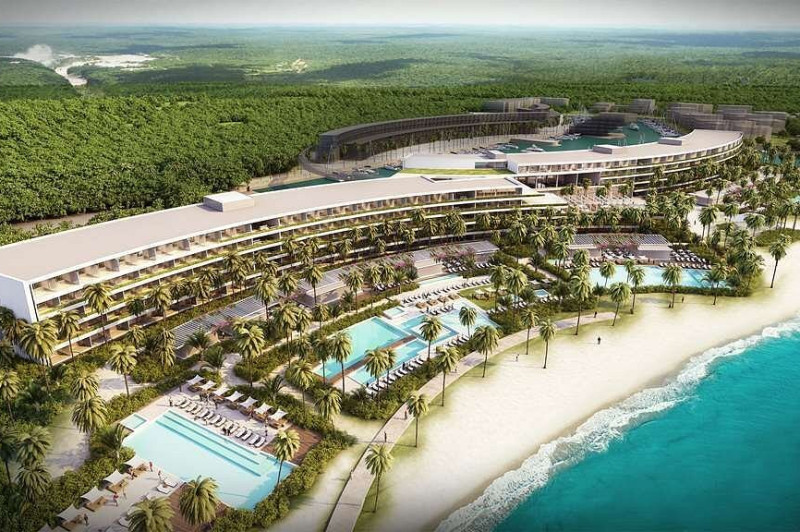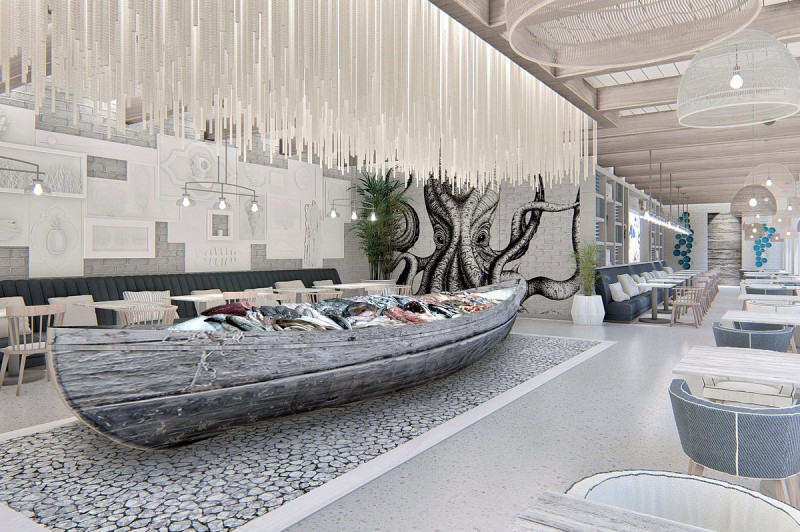COVID-19 Cancellation
As the impacts of COVID-19 continue, we have taken the difficult decision to cancel the Animal Models of Cancer conference, originally scheduled to take place from 03-06 November 2021 in Portugal. The safety and wellbeing of our participants is of paramount importance.
We plan to reschedule the conference in 2023. Please email Chloe Trundle if you wish to remain updated.
- Home
- Past Conferences
- Animal Models of Cancer Conference
Synopsis
We understand that registering for a conference is not essential right now and many researchers will be unable to register for a future conference of interest if their university or lab is temporarily closed. Therefore, you can simply register your interest here to be kept updated with details about this conference without committing to attending and our team will keep in touch with you regarding deadline reminders and grant opportunities. If you are looking to register to take advantage of the earlybird deadline or if you wish to submit an abstract, but you cannot pay the minimum deposit at this time, please contact us for a registration link which will allow you to register without a deposit. We hope these services are helpful during this difficult time.
The first genetically engineered mice were created more than 40 years ago. Since then, steady improvements in the field have allowed for the generation of experimentally controllable and genetically accurate models for many human cancers. Recent technological advances in genome editing are pushing this frontier and new animal models are directly impacting precision medicine approaches by enabling the functional evaluation of larger numbers of genetic and epigenetic alterations, by providing pre-clinical and co-clinical platforms to evaluate new therapies, and by allowing for the detailed study of tumor biology that cannot be approached in cell-based systems, immunocompromised animals, or patients. While animal modeling has been a staple of the cancer biology community for decades, it is only now maturing to its fullest potential.
This conference will focus on three major areas: First, it will present new approaches to generate precise and complex genetic alterations in mice and other animals to better “humanize” models and allow for in vivo studies of cancer gene function. Second, it will highlight studies to investigate fundamental mechanisms of cancer initiation and progression, including the cell of origin of tumors, their evolution, their metabolism, and their interactions with the immune system. Finally, the meeting will explore how genetically engineered animal models can help evaluate the efficacy of novel therapeutic approaches and to decipher mechanisms of therapeutic resistance.
Key Sessions
- New technologies for cancer modelling
- Modeling pre-cancers and tumor initiation
- Cancer metabolism
- Cancer/immune interactions and tumor microenvironment
- Metastasis
- Preclinical trials and resistance
Student Offer
Take advantage of this fantastic opportunity for students! Fully paying academics can bring a student for only €820. Unfortunately, Postdocs are not eligible. Both registration packages include; accommodation for the 03, 04, 05 November 2021 (on a shared basis for students) and a food and beverage package for the conference period. Once registered, please contact Chloe Trundle to obtain a special registration link for your student.
Confirmed Keynote Speakers
Ronald DePinho (MD Anderson Cancer Center)
TARGETING INTERACTIONS IN THE GBM TUMOR MICROENVIRONMENT
Karen Vousden (Francis Crick Institute, CRUK)
METABOLIC CONTROL OF TUMOR DEVELOPMENT AND PROGRESSION
Confirmed Invited Speakers
Leila Akkari (The Netherlands Cancer Institute)
EXPLOITING THE POTENTIAL OF MYELOID CELL IMMUNOMODULATION IN BRAIN AND LIVER CANCERS: MACROPHAGES AT PLAY
Mariano Barbacid (Centro Nacional de Investigaciones Oncológicas)
USING GEM TUMOR MODELS FOR TARGET VALIDATION
Alain Charest (BIDMC, Harvard)
SINGLE-CELL RNA SEQUENCING REVEALS EVOLUTION OF IMMUNE LANDSCAPE DURING GLIOBLASTOMA PROGRESSION
Dannielle Engle (Salk Institute for Biological Studies)
ABERRANT GLYCOSYLATION PROMOTES PANCREATITIS AND PANCREATIC CANCER IN MICE
Sarah-Maria Fendt (VIB - KU Leuven Center for Cancer Biology)
THE ROLE OF METABOLISM IN METASTASIS FORMATION
Jos Jonkers (The Netherlands Cancer Institute)
IDENTIFICATION OF BREAST CANCER DRIVERS AND THERAPY RESISTANCE MECHANISMS IN MICE
Laurent Le Cam (Montpellier Cancer Center / INSERM)
THE P53 PATHWAY AND METABOLISM: IMPLICATIONS IN CANCER PROGRESSION
Richard Marais (Cancer Research UK)
MODELLING UV INDUCED MELANOMA IN MICE
Martin McMahon (Huntsman Cancer Institute)
TARGETING RAF>MEK>ERK SIGNALING PLUS AUTOPHAGY FOR THE FUTURE TREATMENT OF RAS-DRIVEN CANCERS
Luis Parada (Memorial Sloan Kettering Cancer Center)
A QUIESCENT GLIOBLASTOMA STEM CELL
Katerina Politi (Yale School of Medicine)
LEVERAGING MOUSE MODELS TO STUDY DRUG RESISTANCE IN LUNG CANCER
Tannishtha Reya (UC, San Diego)
FROM STEM CELLS TO CANCER: TRACING DIVERGENT FATES IN ONCOGENESIS
Mara Sherman (Oregon Health and Science University)
MECHANISMS AND CONSEQUENCES OF PANCREATIC CANCER STROMAL EVOLUTION
Rocio Sotillo (German Cancer Research Center)
UNDERSTANDING THE CELL OF ORIGIN OF LUNG ADENOCARCINOMA
Kwok-Kin Wong (NYU Langone Health)
Target Audience
- Basic scientists studying all aspects of cancer biology
- Scientists and clinicians performing translational work, especially those using mouse models for preclinical studies
- Investigators from the biotech and pharma industries who are interested in state-of-the-art animal modeling approaches
Educational Need
Cancer genome sequencing provides an unprecedented view of recurrent alterations in human cancers and the development of highly effective targeted therapies and immune-modulatory therapies constitutes major victories. Nevertheless, the function of genes identified from genomic studies is often poorly characterized, leaving no means of therapeutic intervention. Moreover, cancers that are initially sensitive to therapy inevitably become resistant, often through mechanisms that are not well understood. Mouse models represent an experimental system to study cancer gene function and to evaluate the efficacy and resistance mechanisms associated with specific therapies. In the past few years, other animal models have also been instrumental in studying mechanisms of tumorigenesis. This conference will provide a forum for discussion on the past, present, and future of animal models for cancer, in particular the role that these models will play in the era of precision medicine.
Confirmed Speakers
Chairs
Programme
Although the programme has not yet been released, we are able to confirm that the conference should begin no earlier than 14:00 with opening comments on 03rd November 2021. The conference will conclude no later than 12:30 on 06th November 2021.
Supported by
Venue & Location
Dolce CampoReal Lisboa
Located in Torres Vedras, just a 30-minute drive from Lisbon, Dolce CampoReal Lisboa offers unique tranquillity, as a result of its idyllic environment. The hotel offers stunning views over the golf course, vineyards and the extraordinary landscape of Socorro and Archeira Mountains.
The hotel has three restaurants to provide a variety of gastronomic choices, and two bars including one beside the outdoor pool.
Hotel Facilities
- Complimentary Wi-Fi in guest rooms and throughout hotel and conference areas
- Indoor heated swimming pool
- Outdoor swimming pool with Jacuzzi
- Spa
- Gym
- Golf course
- 2 Tennis courts
General Information
Venue Rating
★ ★ ★ ★ ★
Currency
Euro (EUR)
Address
R. do Campo (Campo Real ) 2565-770 Portugal
Nearest Airport
Lisbon Portela Airport
Location
The Dolce CampoReal Lisboa is nestled between the vineyards and the extraordinary landscape of the Socorro and Archeira Mountains.
Lisbon is only a short 30-minute drive away. The Portuguese capital is constantly recognised as one of the greatest cities in the world, a claim confirmed by the “Lonely Planet Guides", who named Lisbon one of the world’s top 10 cities. Lisbon in one of the world’s oldest cities, predating the likes of London, Rome and Paris by hundreds of years. Hillsides covered in tumbledown houses and a mix of baroque and neoclassical buildings, including cathedrals and palaces, make up Lisbon’s skyline. The city is a combination of old and new, with beautiful modern buildings constructed near renovated historical landmarks and ruins.
If you are interested in this meeting but not yet ready to register, you can sign up for updates here and our team will keep you updated regarding deadline reminders and grant opportunities relating to this meeting only.
If you're interested in sponsoring this conference please contact us.
Conference Manager
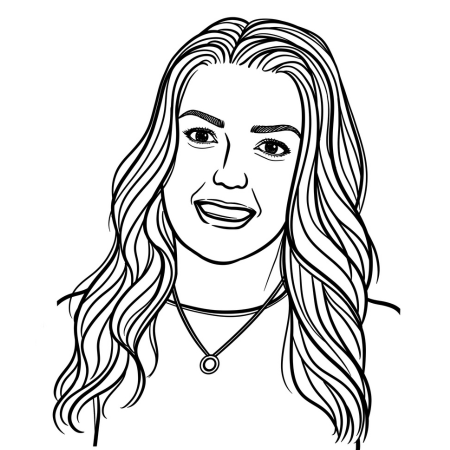
Chloe Trundle
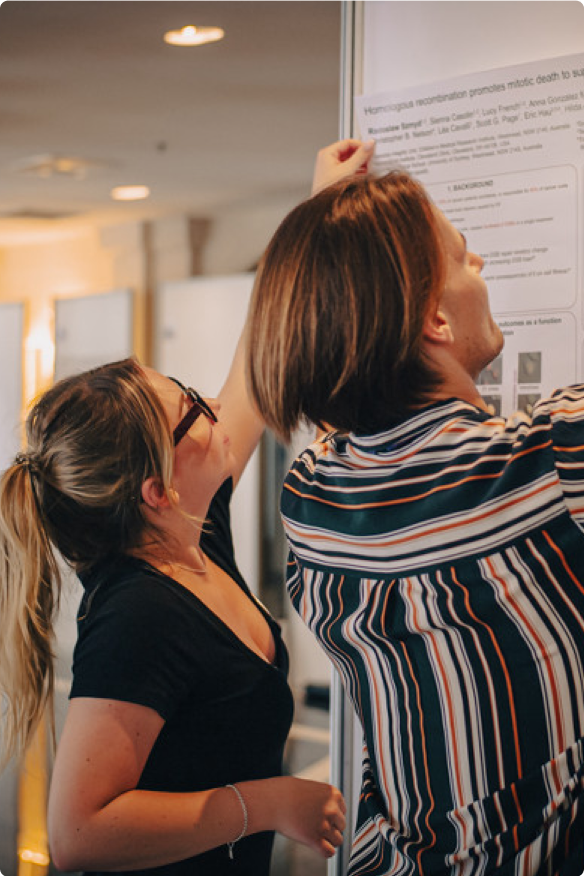
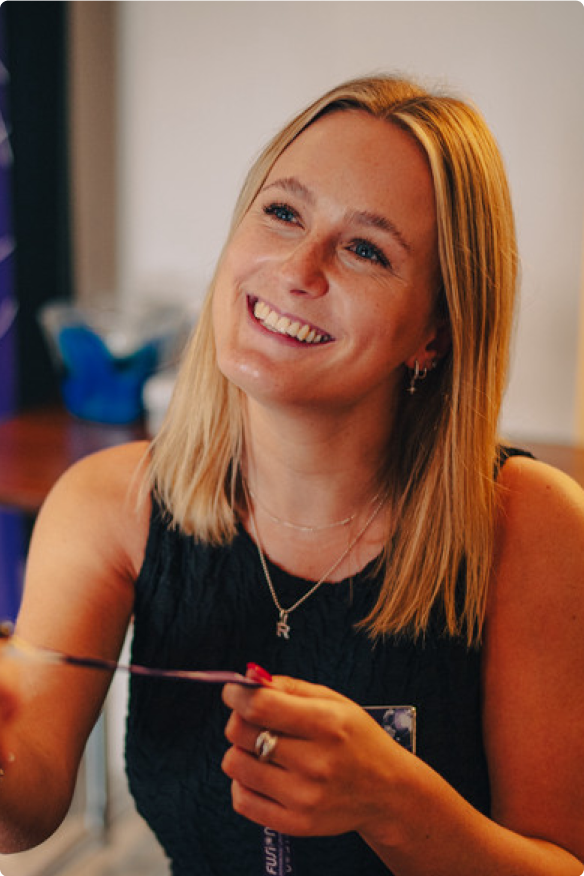
Need some help? Chat to the Fusion team today
As a family run business, our dedication runs deep. We’re committed to each other and, even more so, to every attendee’s experience, delivering a level of care and passion that’s truly unmatched.
